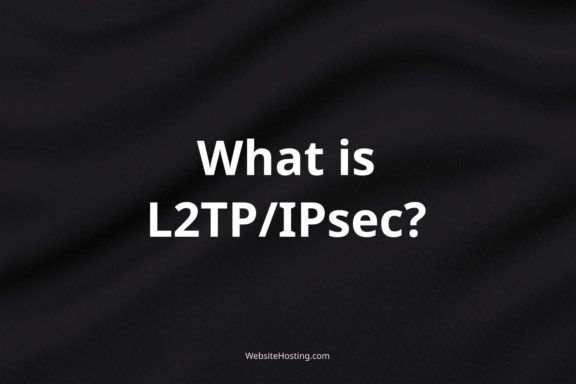
NGINX Explained in Simple Terms
NGINX is a popular web server and reverse proxy server that is known for its speed and efficiency. It is widely used by web developers and system administrators around the world, and it has become an essential tool for many websites and applications. In this article, we will discuss what NGINX is, how it works,…










